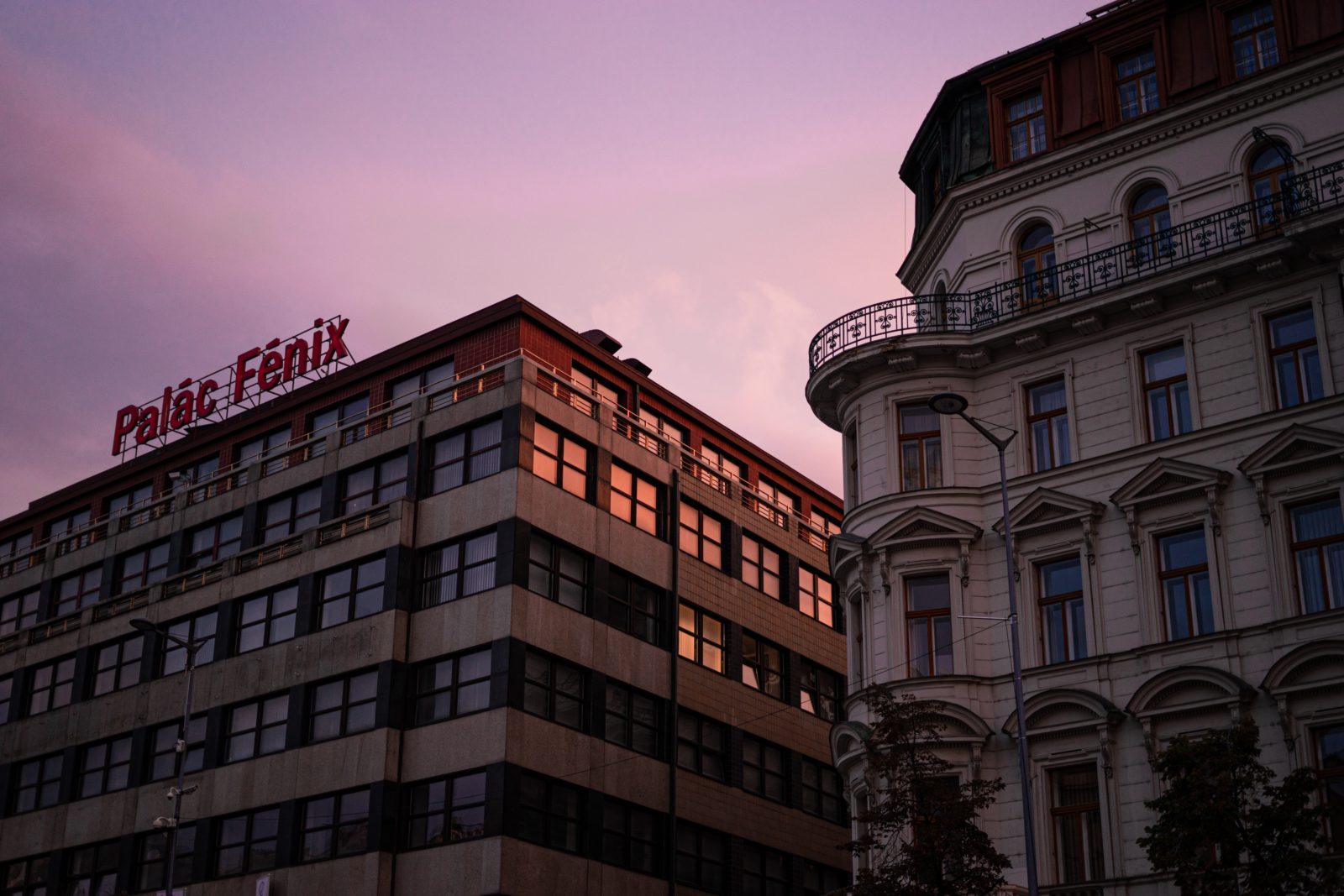Starting next year, Prague plans to charge non-residents for entry into the capital’s historic center in collaboration with the city’s first municipal district. During a transportation debate in Prague 1 on Wednesday, Deputy Mayor for Transportation Zdeněk Hřib (Pirates) and Mayor of the first municipal district, Terezie Radoměřská (TOP 09) announced the plan. While the exact details are yet to be confirmed, the measure could come into effect at the beginning of next year, and there are also plans to limit visitor parking in the center.
The extent of the area the measures will apply to and how much non-residents will have to pay for entry is currently unknown. Limiting traffic through the center of Prague due to car congestion has been debated for a long time. So far, politicians have not agreed on a solution. Representatives have supported the reconstruction of the Vltava River bridge and the construction of a third rail, while experts have recommended a new approach.
According to Hřib, the current leadership of the Prague municipality and Prague 1 have agreed to charge non-residents instead of completely closing certain areas for transit. “It is a softer measure, but it has the same goal,” he said. Radoměřská confirmed Hřib’s words, saying, “The center of the city should be charged.”
The municipal council will decide to implement the new measure. Hřib added that the congested center is also a problem for public transportation because cars slow down trams, and the resulting delays are then passed on to the entire network. Hřib said introducing a fee would not affect residents as it would be checked using cameras connected to a parking permit database.
According to Hřib, the Municipal Technical Administration of Communications is working on traffic models. He said, “There will be some impact on traffic, but we know it will not mean some catastrophic apocalypse.” The exact areas the measures will apply to and the cost of entry to the center are still under discussion. Radoměřská added that enforcement was also essential. “Thorough, careful, forceful, and uncompromising control of what we introduce must take place,” she said.
Hřib also stated that the municipality would discuss comprehensive adjustments to the paid parking zone system, bringing more parking spaces for residents in the center. In an ideal scenario, changes to parking would also take effect at the beginning of next year. The new measures aim to reduce traffic congestion, improve public transportation, and create more parking spaces for residents, making the center of Prague a more livable area for locals.





